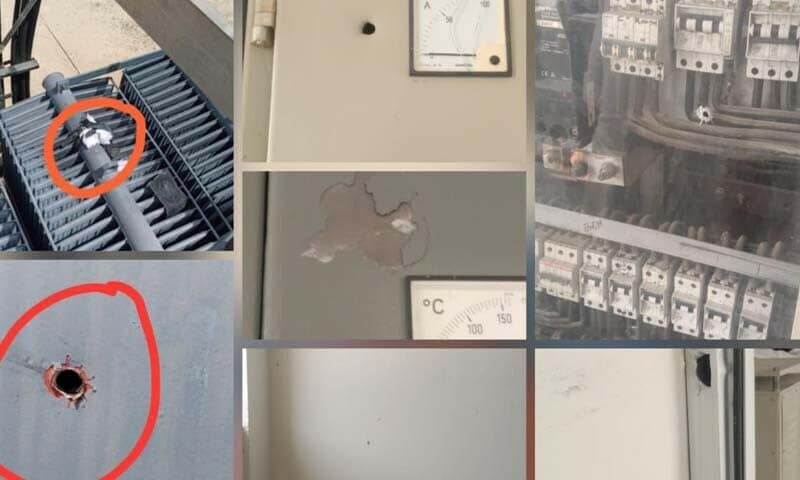QUETTA: Around two dozen armed men attacked the Zard Ghulam Jan Mangochar Grid Station in Balochistan, causing extensive damage to key infrastructure and taking staff of Quetta Electric Supply Company (QESCO) and security guards hostage, officials confirmed on Sunday.
According to the QESCO authorities, nearly 20 armed individuals stormed the 132 kV grid station. During the attack, the assailants vandalized the control room and critical electrical equipment. They also disarmed the security personnel, seizing a 12-bore rifle, and held both staff and guards at gunpoint.
A QESCO spokesperson said the attackers opened fire inside the grid station, inflicting severe damage to high-power transformers, current transformers, conservator tanks, radiator tubes, AC/DC panels, auxiliary panels, and other essential power equipment.
After holding the staff and guards hostage for some time, the assailants threatened to kill them if they did not vacate the premises. The employees and guards eventually managed to flee to safety.
Following the incident, QESCO filed a written complaint at the local police station, seeking legal action against the attackers.
In a separate act of sabotage, unidentified individuals damaged the 132 kV Yaro Industrial Transmission Line near Kuchlak Bypass by tampering with it using ropes, causing a technical fault. Joint patrols conducted with local administration and police later discovered approximately 700 meters of stolen conductors and other electrical components.
QESCO officials submitted another complaint to the police regarding the theft and called for immediate legal action against those involved.
Expressing deep concern over the rising incidents of sabotage and theft in recent weeks, particularly in Quetta, Mastung, Kalat, Dasht, and Sibi, the QESCO spokesperson warned that such attacks were not only disrupting power supply but also posed serious threats to public safety and national infrastructure.
Also Read: Balochistan makes 164 BHUs operational
The power company urged all citizens to play their role in protecting national infrastructure and to promptly report any suspicious activity near transmission lines to the relevant authorities.





